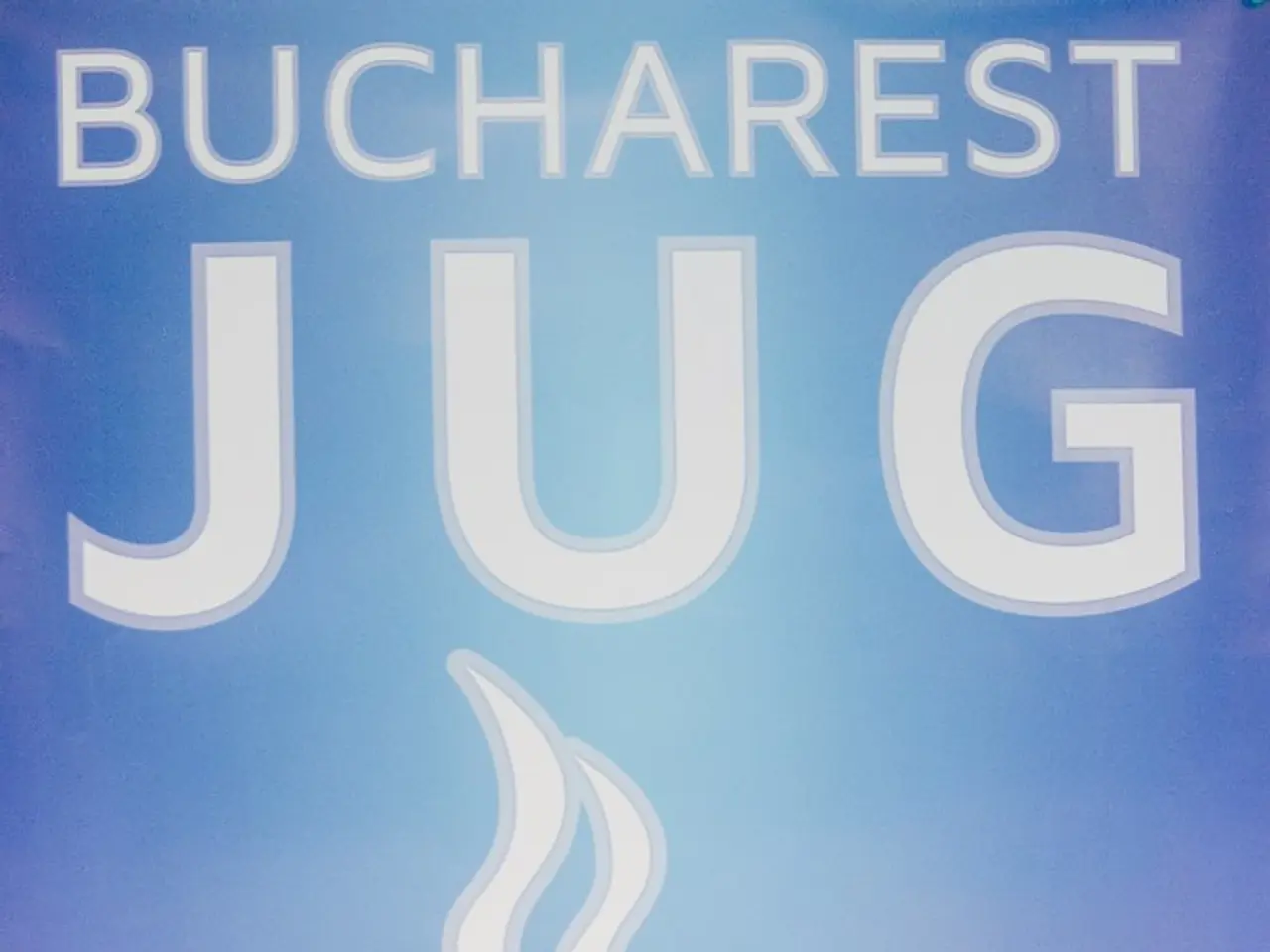Government's tax authority, HMRC, intends to scour the internet in a bid to nab tax evaders
HMRC Introduces AI-Powered Technology to Combat Tax Evasion
HM Revenue and Customs (HMRC) is stepping up its fight against tax evasion and fraud with the introduction of advanced web robot software and AI systems. The technology, based on the NetReveal system from BAE Systems' IT security subsidiary Detica, is designed to automate and improve processes like scanning correspondence, identifying fraudulent documents, and rapidly analyzing large datasets to detect suspicious activity more effectively.
The technology will be used in targeted campaigns against specific tax evasion areas, such as untaxed online marketplaces, traders, and individuals offering paid training without paying tax. The campaigns, which HMRC director of risk and intelligence, Mike Wells, has stated will pursue individuals who do not comply with opportunities to rectify their tax affairs, are expected to be supported by the HMRC's Connect system.
The Connect system, which integrates with the web robot software, has already proven successful in discovering tax evasion incidents. In its first year of use, it uncovered a VAT repayment fraud worth £330 million. The system compares tax records with third-party information sources to discover tax evasion incidents, making it an essential tool in HMRC's arsenal.
The NetReveal system, which has a history of being effective in uncovering significant instances of VAT repayment fraud, will help HMRC adapt more quickly to new fraud typologies, which traditionally evade static rule-based systems. The technology will also support four forthcoming campaigns by HMRC, focusing on 'VAT rulebreakers'.
In addition to automating identification and triage of correspondence and documentation, the AI-powered systems will enhance fraud detection with biometric and AI tools. They will also facilitate voluntary compliance via digital services and collaborate across agencies to improve cross-checking of income and benefits data.
Mike Wells has urged tax evaders to come forward and disclose their affairs voluntarily to avoid more expensive consequences. He emphasized that the technology will support the campaigns and help HMRC in its efforts to combat tax evasion.
In summary, HMRC's use of web robots and AI technologies is focused on automating identification and triage of correspondence and documentation, enhancing fraud detection with biometric and AI tools, facilitating voluntary compliance via digital services, collaborating across agencies to improve cross-checking of income and benefits data, and continuously adapting fraud detection systems to new evasion methods. These efforts collectively improve the speed and accuracy of tax evasion detection and support targeted campaigns against fraudulent tax activity.
[1] HMRC (2021) HMRC's use of technology to tackle tax evasion. Available at: https://www.gov.uk/government/news/hmrcs-use-of-technology-to-tackle-tax-evasion [2] Detica (2019) NetReveal. Available at: https://www.baesystems.com/en/products/netreveal [3] HMRC (2020) HMRC's continued use of technology to tackle tax evasion. Available at: https://www.gov.uk/government/news/hmrcs-continued-use-of-technology-to-tackle-tax-evasion
The NetReveal system, originating from BAE Systems' IT security subsidiary Detica, will be employed by HMRC to boost their business operations in the finance sector, particularly in their fight against tax evasion and fraud. This AI-powered technology will automate identification and triage of correspondence and documentation, enhance fraud detection, and facilitate voluntary compliance via digital services. Additionally, it will collaborate across agencies to improve cross-checking of income and benefits data, continuously adapting to new evasion methods, and support targeted campaigns against fraudulent tax activity.




